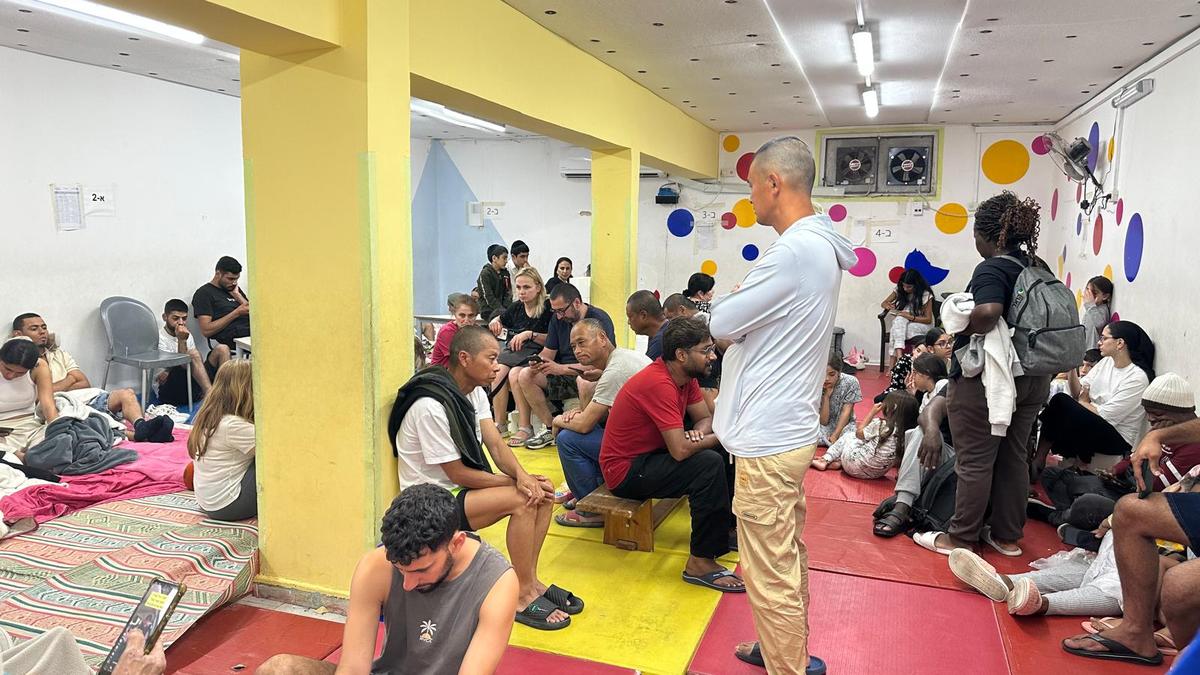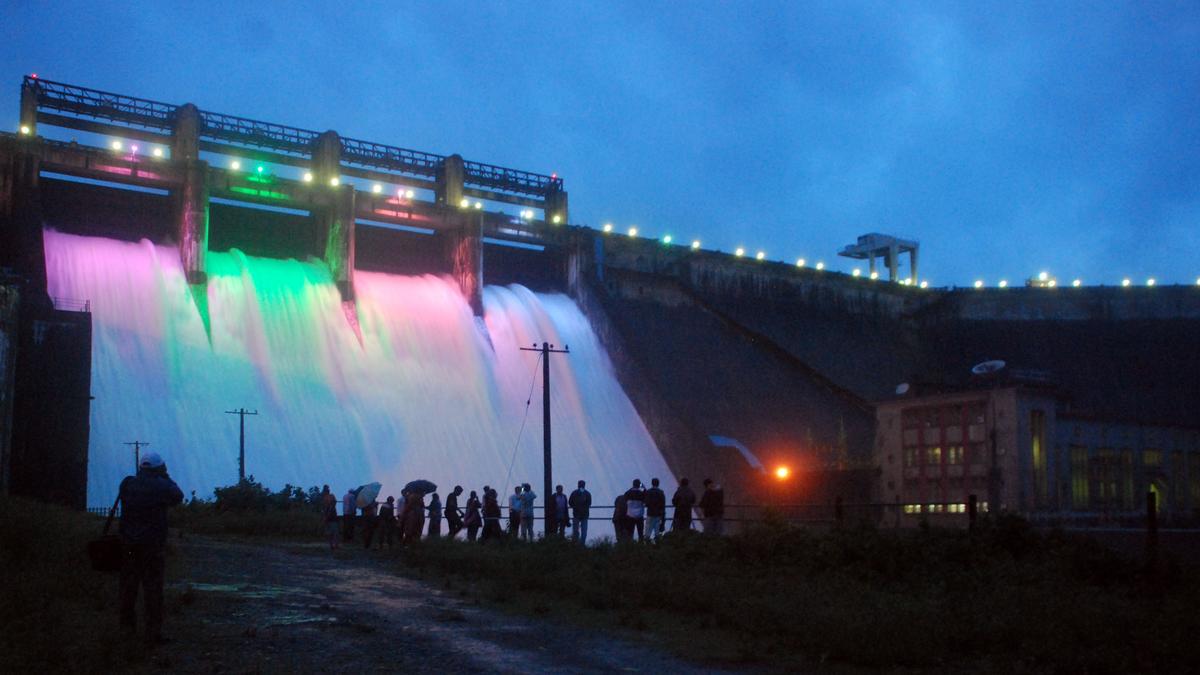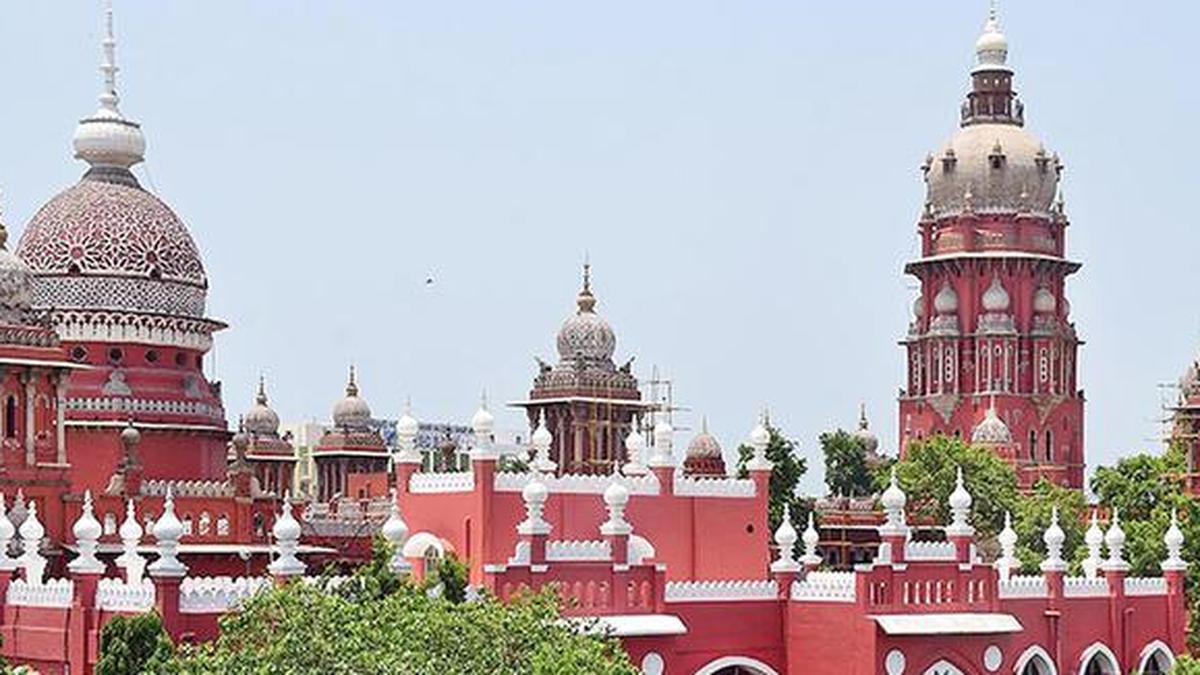Around a dozen State universities in Tamil Nadu currently do not have Vice-Chancellors, as Tamil Nadu remains embroiled in a legal tussle over shifting the authority to appoint them, from the Governor (in his capacity as Chancellor) to the State government. Interestingly, it is not the first time Tamil Nadu has witnessed a disagreement between the government and the Governor on this issue. A conflict took place four decades ago over the appointment of the Vice-Chancellor of Madurai Kamaraj University.
In 1985, during M.G. Ramachandran’s tenure as Chief Minister, tensions simmered over Governor S.L. Khurana’s use of his authority to appoint Vice-Chancellors. That March, Education Minister C. Aranganayagam remarked that difficulties in appointing Vice-Chancellors “seemed peculiar to States where non-Congress (I) governments were in office.” His comment came just months after the AIADMK-Congress (I) alliance swept to power in Tamil Nadu in the aftermath of Prime Minister Indira Gandhi’s assassination.

The Tamil Nadu Cabinet, after the swearing-in ceremony at the Raj Bhavan in Madras on February 15, 1985. Seated (from left) are: Dr. H.V. Hande, K. Kalimuthu, R.M. Veerappan, S. Ramachandran, Chief Minister M.G. Ramachandran, Governor S.L. Khurana, V. R. Nedunchezhian, K.A. Krishnaswamy, C. Aranganayagam and C. Ponnaiyan | Photo Credit: The Hindu Archives
Referring to similar controversies in Andhra Pradesh and West Bengal, Aranganayagam observed, according to The Hindu, that Governors in Congress (I)-ruled states appeared to have no issue accepting recommendations from the State government. “This problem arose only in non-Congress (I) governed States,” he said.
In the Assembly, Aranganayagam argued it would be better to vest the power to oversee universities in State governments rather than with the Governor or the Central government.
Against this backdrop, in October 1985, Governor Khurana appointed S. Krishnaswamy, a well-regarded biologist, as Vice-Chancellor of Madurai Kamaraj University. The appointment caught the State government by surprise. Aranganayagam said the government had recommended C.A. Perumal, Head of the Political Science Department at University of Madras, for the post. He stated: “The practice so far has been that the Governor consults the Chief Minister before making the appointment; in this case, the Chief Minister was not consulted. Therefore, with the Chief Minister’s consent, the advice to the Governor is being forwarded. We have nothing against Dr. Krishnaswamy personally.”
When asked whether the government had officially conveyed its preference to the Governor, Aranganayagam admitted that he had only informally suggested Perumal’s name, but insisted the Governor ought to have consulted the Chief Minister before finalising the appointment.
Later that evening, the Raj Bhavan issued a statement expressing surprise at the Minister’s remarks. It emphasised that this was not the first time the Governor had appointed a Vice-Chancellor without direct consultation, noting that he had made similar decisions at least six times in the previous three years. The Governor’s office stated that the process had been consistent and that in some instances — such as appointments to Madras and Bharathidasan Universities — he had disagreed with the Education Minister’s recommendations and independently made the final call. The Governor’s position, it said, was to choose the best candidate from the panel submitted.
The Raj Bhavan also cited Section 11 of the Madurai Kamaraj University Act to support the legality of Krishnaswamy’s appointment.

Aranganayagam countered this by invoking Article 163(1) of the Constitution, which mandates that the Governor act on the advice of the Council of Ministers. He argued that since the Governor holds the post of Chancellor by virtue of being Governor, he cannot wield more power in the Chancellor’s role than he does as Governor.
He also denied that the appointment followed past practice. “In all previous cases, the Governor appointed Vice-Chancellors only after consulting the Chief Minister and obtaining his concurrence; in this case, he has not done so,” he said. Aranganayagam added that the issue was not about the individual selected, but about the principle of who holds the appointing authority. Aranganayam felt persons belonging to the state were better equipped than “others coming from outside” to select the appropriate person for a post.
However, just a few hours later, the State government issued an official release, stating: “It is most unfortunate that an unnecessary controversy has arisen over the appointment of the Vice-Chancellor of Madurai Kamaraj University. The Government, after careful consideration, holds that the appointment of Dr. S. Krishnaswamy by the Governor-Chancellor is valid and on merit. The Governor’s decision is being implemented by the Government.”
The Hindu reported: “What happened between the Education Minister’s assertion in the morning and the issue of the press release in the evening (putting an end to the controversy) is not quite clear. It is, however, learnt that, on behalf of the Chief Minister, an emissary (one of his Cabinet colleagues) called on the Governor at the Raj Bhavan in the afternoon and sorted out the matter.”
Krishnaswamy later assumed charge as Vice-Chancellor. He told journalists he was pleased that the Education Minister had clarified, “We have nothing against Prof. Krishnaswamy personally.”
Incidentally, then Finance Minister V.R. Nedunchezhiyan welcomed the appointment, saying, “I am happy that an internationally-known scientist has been chosen for the position.”
Published - June 18, 2025 06:00 am IST



.png)
.png)
.png)
















 4 hours ago
3
4 hours ago
3









 English (US) ·
English (US) ·